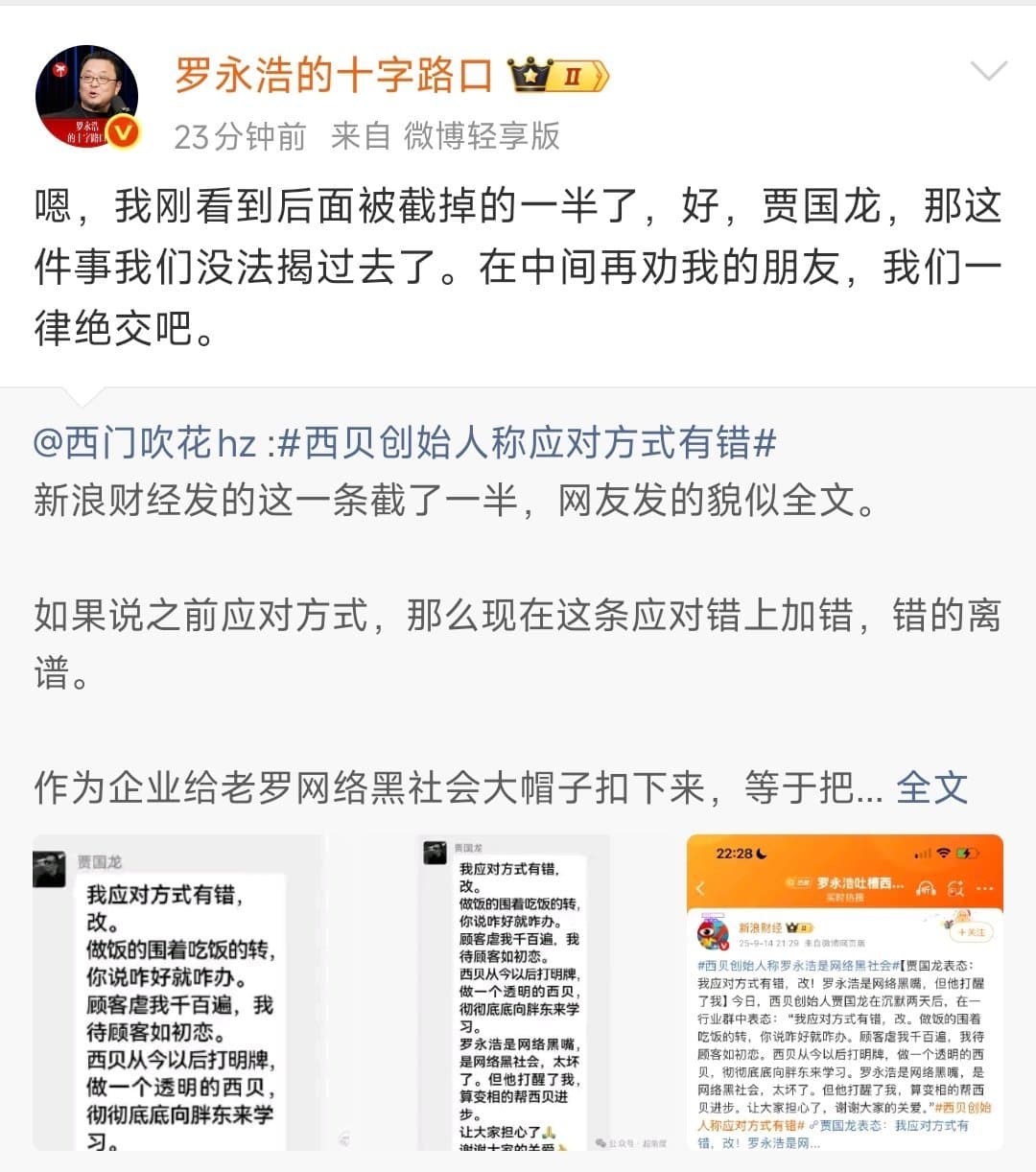China's Thriving Black Market for Surrogacy: A Growing Concern Amidst Legal Ban
In recent news, several surrogacy agencies in Wuhan, China, have been exposed for their thriving businesses in the country, where commercial surrogacy is banned. The agencies operate under the guise of cultural media companies, with contracts labelled as "Fuyou Pregnancy and Birth." One of the agency's representatives claimed they handle around 160-180 cases per year, asserting that operating discreetly has been key to their success. The growing market for surrogacy services in China has raised concerns, with some users on Weibo, China's Twitter-like platform, expressing shock and outrage at the blatant disregard for the law. One user, questioning the agencies' ability to charge up to a million yuan ($144,000) for high-quality eggs, condemned the practice as "human tragedy." Another user highlighted the potential dangers of such practices, stating, "What if someone is tricked into selling their eggs?

14 March 2024
It's hard to imagine the consequences. Is there any regulation to protect them?" This user also calls for stricter punishments for those involved in illicit surrogacy practices. The surrogacy issue has gained significant attention in the media, with public figures like philosopher Luo Xixiao providing insights on the phenomenon. In a recent lecture, Luo Xixiao touches upon the cultural and social factors driving the demand for surrogacy in China. He mentions that while China has lifted its two-child policy, many older couples are still struggling to conceive, leading them to seek surrogacy services despite the legal risks. The growing trend of divorced parents or single women wanting children also contributes to the rise in surrogacy demand. Other Weibo users have accused the entertainment industry of normalizing surrogacy, citing instances where celebrities have casually suggested or joked about surrogacy options. One user questions whether these celebrities truly understand the harm surrogacy can cause women and calls for greater awareness and condemnation of the practice. Some users also criticize the news reporting on the topic, arguing that journalists should focus on the negative effects of surrogacy on women rather than the financial gains from egg sales.
One user points out that many so-called professional journalists have prioritized sensationalism and clickbait over objective reporting, contributing to the overall moral decline in the industry. Despite the public outcry, it remains to be seen what actions the Chinese authorities will take to address the issue of illicit surrogacy agencies. Some users demand clearer explanations and guidelines from relevant government departments, calling for harsher penalties and better regulation to curb the increasingly rampant surrogacy market. As the debate surrounding surrogacy intensifies in China, it is clear that addressing the underlying cultural and social factors will be crucial for any potential policy change. The public's growing awareness of the potential harms of surrogacy also highlights the need for a more comprehensive regulatory framework to protect the rights and well-being of all parties involved.




